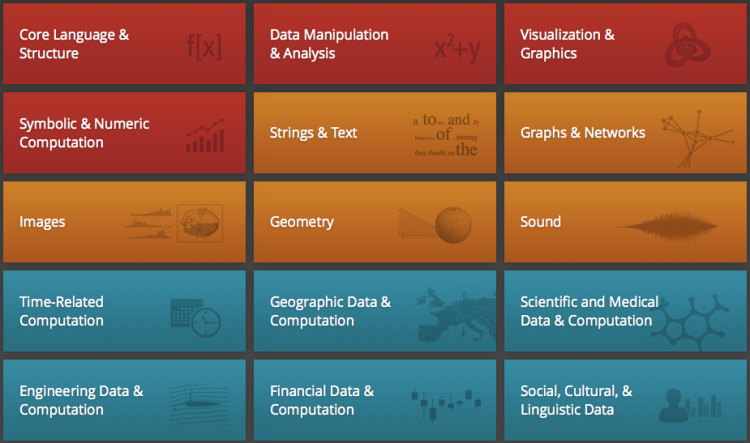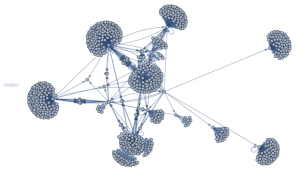Three months ago, Stephen Wolfram gave VentureBeat a sneak peek into the future of the Wolfram Language, a totally symbolic, heavily natural, intensely knowledge-based, and extremely large computer programming language. At the time, he struggled to explain exactly what Wolfram Language is.
 That’s not shocking, given the language has been decades in the making.
That’s not shocking, given the language has been decades in the making.
“You know, I’ve been working toward what is now the Wolfram Language for about 30 years,” Wolfram says in the video. “But it’s only in recent times that we’ve had what we need to create the whole Wolfram Language.”
Today, he attempted to explain what it means again in a long, detailed, and example-filled video:
Wolfram Language is not yet released, but it will be embedded on upcoming Raspberry Pi micro-computers. It’s already widely used within Wolfram’s Mathematica computing environment for scientists, and it is also deployed to Wolfram Alpha’s cloud services as well.
More than any other computing language, knowledge about the world is built into the Wolfram Language, which is exactly what powers the WolframAlpha search engine. In addition, functions for seemingly everything — over 5,000 of them — are built right into the language, which enables you to create user interfaces, graphics objects, graphs, and more, programmatically.
Bringing those two aspects together allows you to instantly, in just a few words of code, grab data about, let’s say, the planets, or the countries of South America, and then express data about them in tabular or graphical form.
Wolfram feels the combination will change programming — and maybe the world.
“The knowledge graph is a vastly less ambitious project than what we’ve been doing at Wolfram Alpha,” he told VentureBeat when we asked him about its relation to Google’ knowledge projects. “Making the world computable is a much higher bar than being able to generate Wikipedia-style information … a very different thing. What we’ve tried to do is insanely more ambitious.”



